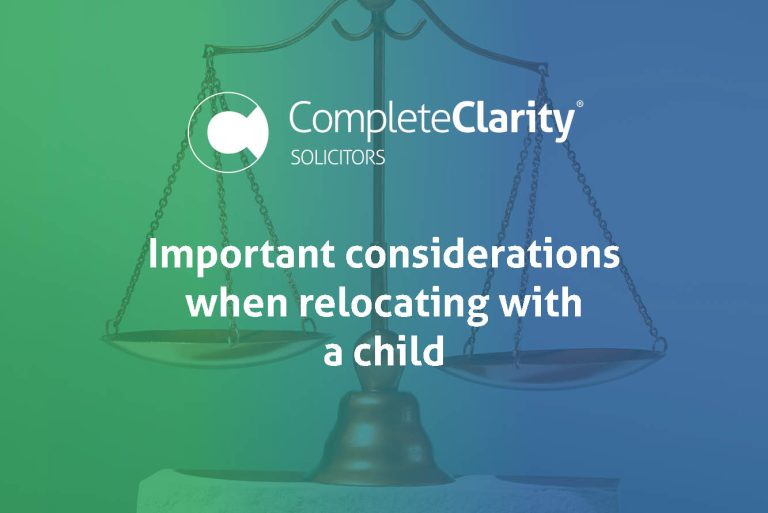Situated in the central region of Scotland, where verdant highlands merge with venerable heritage, the regulations about inheritance endure through a fusion of convention and equity. Whether a parent may be permitted to leave everything to a single child transcends mere personal preference and delves into intricate webs of legal constraints, familial privileges, and societal norms.
The Legal Landscape of Inheritance in Scotland – Legal Rights in Scotland
Scottish inheritance laws stand out for their unique balance between protecting the rights of certain family members and respecting the wishes of the deceased. At the core of this balance is the distinction between heritable and moveable property.
- Heritable Property: This includes real estate like houses or land.
- Moveable Property: This category encompasses everything else, such as money, stocks, and personal belongings.
A key aspect of Scottish law is the protection of the “legal rights” of spouses, civil partners, and children to a portion of the moveable estate, regardless of the deceased’s will.
Legal Rights: A Safety Net for Family Members
Legal rights ensure that regardless of the intentions outlined in a will, certain family members are entitled to a portion of the estate. Here’s how it breaks down:
- Spouses and Civil Partners: They are entitled to claim up to half of the moveable estate if there are no children, or a third if there are children.
- Children: They share a third of the moveable estate if there’s a surviving spouse or civil partner, or half if there isn’t.
It’s this framework that introduces a fascinating dynamic into the question at hand. Can a parent leave everything to one child? The simple answer is no, not without considering the legal rights of other children and possibly a spouse or civil partner.
But What About Heritable Property?
When it comes to heritable property, the waters get murkier. Technically, a parent can leave heritable property to anyone they choose, including one child to the exclusion of others. However, the value of the heritable property is considered when calculating the legal rights of the moveable estate, meaning other children may receive a larger share of the moveable estate to compensate.
Navigating Wills and Testamentary Freedom
While Scottish law provides a framework for fairness, it also respects a person’s testamentary freedom—the right to decide how their estate is distributed. This means a parent can indeed favour one child in their will, but they must do so within the constraints of legal rights.
The Practicalities of Estate Planning
For parents contemplating leaving their estate predominantly to one child, it’s essential to understand the potential family discord this could cause. Estate planning with the guidance of a legal professional can help navigate these sensitive issues, ensuring that the will is both fair and reflective of the individual’s wishes.
Conclusion: A Balancing Act of Rights and Wishes
In Scotland, the law treads a fine line between protecting family members’ entitlements and respecting an individual’s wishes. While a parent can lean towards favouring one child, the mechanisms of legal rights ensure that other children are not left empty-handed, promoting a sense of fairness and balance.
Navigating the complexities of Scottish inheritance law requires a nuanced understanding of legal rights and familial dynamics. It’s a testament to Scotland’s commitment to fairness, ensuring that while individual wishes are honoured, the fundamental rights of family members are not overlooked.
FAQs: Legal Advice
- Can a parent disinherit a child in Scotland? A parent cannot completely disinherit a child due to the child’s legal rights to a portion of the moveable estate.
- Does marital status affect inheritance rights in Scotland? Yes, spouses and civil partners have specific legal rights to the deceased’s moveable estate, differing from those of children and other relatives.
- Can legal rights be challenged or waived in Scotland? Legal rights are a fundamental part of Scottish inheritance law, but they can be waived if all parties agree, typically through a legal document or agreement.
In the end, while a parent might wish to leave everything to one child, Scottish law ensures a measure of protection and fairness for all involved. This approach reflects a societal value that emphasises both individual wishes and familial rights, making the process of inheritance a thoughtful balance between the two.
Contact our Highly Qualified Solicitors – Get in Touch Today
For a Free* consultation with our housing law solicitors based in Glasgow, East Kilbride and Edinburgh, Scotland, call us today on 0141 433 2626 let us help you. We assist clients in many areas of Scotland, including Glasgow, Paisley, Ayr, Fife, Dumbarton, Crossmyloof, Giffnock, Clarkston and Newton Mearns.







